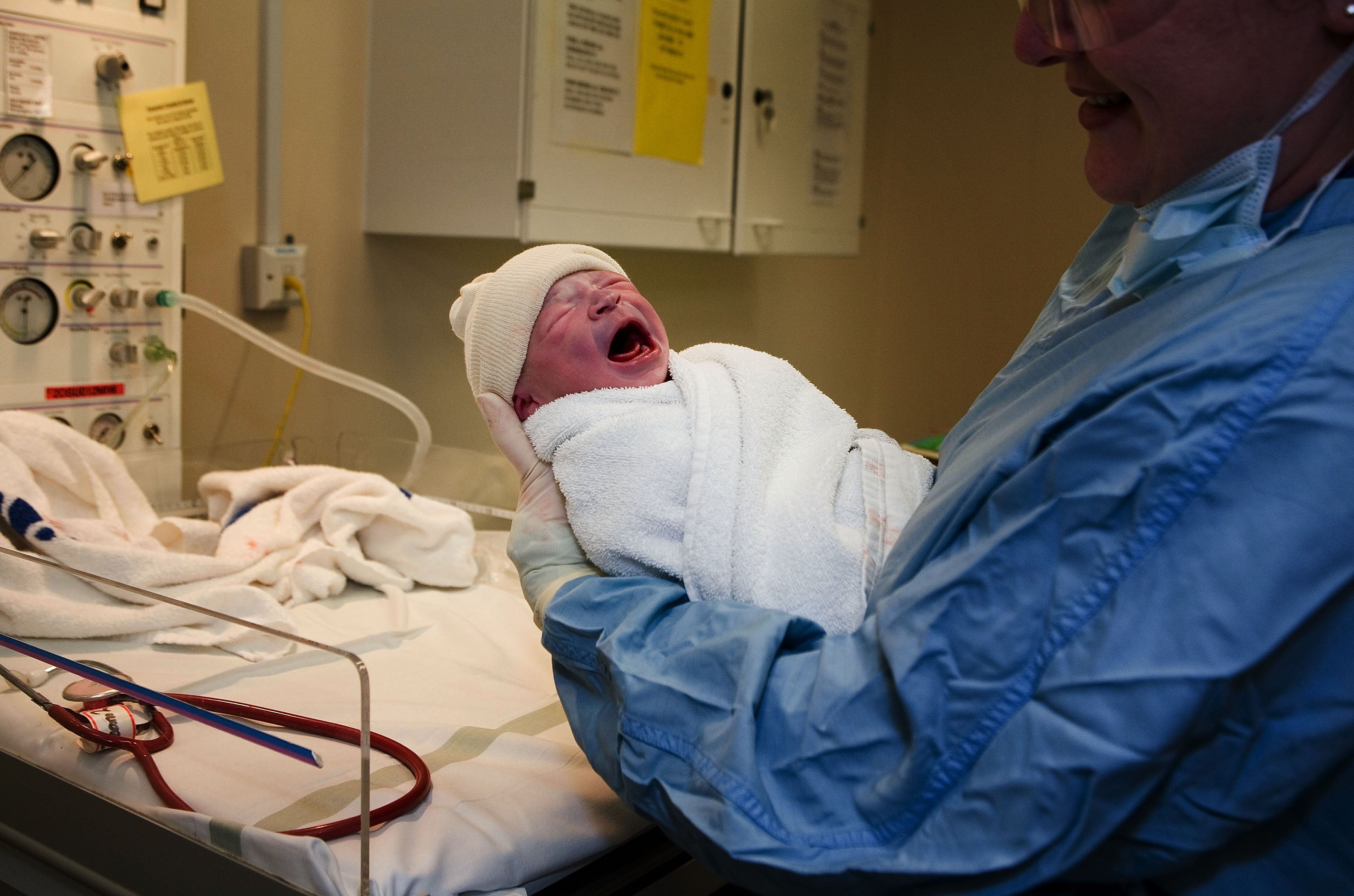I’m a midwife – I know partners need support through birth too
We must do far more to support the mental and emotional wellbeing of partners during childbirth, writes midwife Lizzie Romain


Birth can be a traumatic process. As a practising midwife, I do all I can for those under my care, to keep both them and their newborns as safe and as comfortable as possible. I do sometimes worry, though, that I could be doing more. After all, while those giving birth are cared for by their midwife, whose job is it to look after the partners?
I’ve been a midwife for the past 12 years, and it’s no secret the profession is suffering from a lack of staff.
People attend up to 10 appointments during pregnancy. The last time I helped run an antenatal clinic was in Wales nine years ago, and each patient had 10 minutes maximum per appointment. That’s just about enough time to complete the essential health check: blood pressure, urine dipstick, listen-in to the fetal heart rate... and perhaps give a rushed answer to a question. “Don’t forget to read your information leaflet!” It was always easier if they came by themselves. There wasn’t time to cater for their partner’s emotional needs too, especially as we already felt like we were rushing our pregnant patients out the door!
Perhaps parentcraft classes help to redress the support shortfall somewhat – if they’re taken up – but then comes the birth...
As much as we try to include partners in what’s going on, sometimes our midwife brains become so full of clinical procedures, checks and numbers that it gets really tricky to double back to them – even though they’re all too often sitting uncomfortably, pale-faced, in a corner. Do they feel shut out of the whole experience?
There’s occasionally an air of discontentment between parents during labour. The argument of the person giving birth, while puffing on gas and air and pushing their partner away from them, is that they are the one who’s had to endure the throes of pregnancy, childbirth, and soon the forthcoming postpartum. In some delivery rooms, where panic is palpable, no level of empathy or support is allowed to be sent their partner’s way. As a midwife, you become very skilled at reading the room. Sometimes it’s quite jokey; other times it’s deadly serious.
Yet I do often worry for the wellbeing of birth partners. It’s really hard watching someone you love go through pain, and feeling completely helpless. While the person giving birth, thanks to a cocktail of hormones and drugs, can forget parts of the experience, partners sit through it all in the cold light of day. I’m sure there are many who suffer post-traumatic stress disorder but never feel they can admit to it. After all, the person giving birth went through far worse.
If I’ve been traumatised by birth experiences before, and I’m supposed to be accustomed to it, it’s laughable that we expect partners to be totally unfazed.
There are several really excellent mental health charities in the UK who assist not just those who have given birth, but partners, too, who are experiencing post-traumatic stress disorder and postnatal depression. Tommys.org and mind.org.uk are online, while the Samaritans have a 24/7 helpline that can be reached on 116 123. While it’s fantastic that these organisations exist, I still sometimes feel guilty that I didn’t support parents enough to not need them at all. It amounts to sticking on a plaster once the damage has already been done. Or is childbirth always going to be an emotionally taxing journey, no matter what anyone does to help?
I wish I had a solution to help improve experiences for birth partners. In a world where many midwives already feel saddened by the quality of care they can provide in the light of staffing pressures, I don’t think midwives are realistically going to be able to plug the gap here, no matter how hard we try to. But there is a gap. What can be done to fill it?



Join our commenting forum
Join thought-provoking conversations, follow other Independent readers and see their replies
Comments